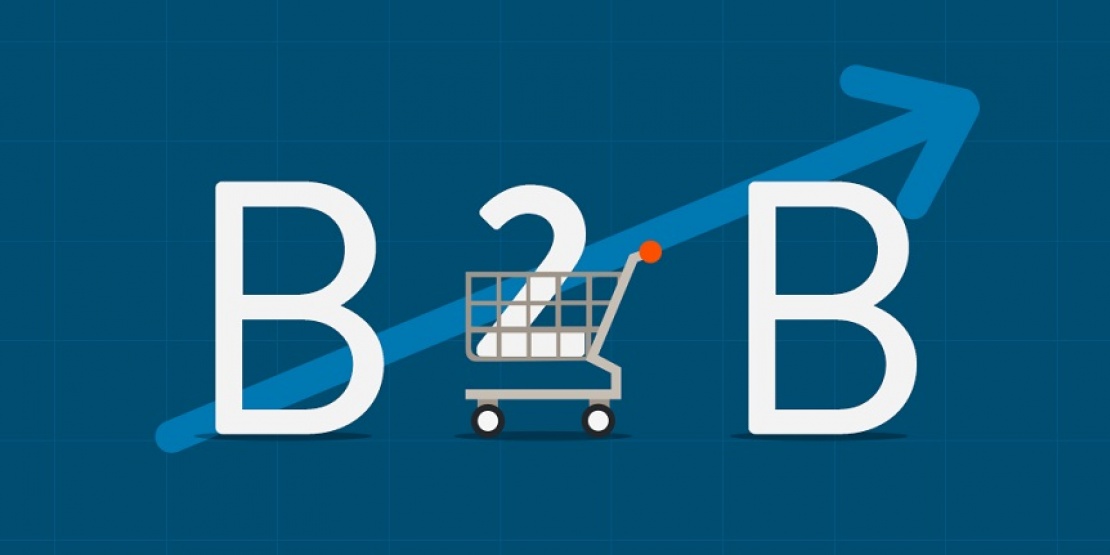Every two years, UPS and Kantar TNS surveys 2500 buyers working in at least five purchasing categories, both direct and indirect, from industrial enterprises across the world, including 200 in France. The results from the 2017 study, published in a white paper, highlight a clear shift in behaviour. For example, 80% of European industrial buyers say that they are now regularly involved in B2B e-commerce for their intercompany trade. As well as offering an opportunity for new stakeholders such as marketplaces to emerge, the trend also promotes industrial distributors who are fully committed to their digital transformation.
B2B E-Commerce: A change in model, particularly in France
The biennial study, created in 2013 and conducted by UPS, is interested in the way in which industrial buyers select their suppliers. It particularly focuses on expectations in terms of the service provided and the main reasons which can lead to a change in supplier. In a context where digital is increasingly changing the game—in Asia, 97% of industrial buyers say that they use B2B e-commerce — the latest study reveals a real change in model. Direct online purchases and recourse to marketplaces on the one hand, and increased volatility in the relationship with suppliers on the other, are the key takeaways for the authors of the white paper.
Could industrial purchases lead to a more cutthroat world? Industrial purchases could, without a doubt, lead to a more rational world, where the diversity and accessibility of solutions available would allow industrial buyers to raise their expectations in areas such as logistics excellence and aftersales service. Another remarkable finding was the digitisation of the French market. In France, the digital process is now the norm for more than one in two transactions, in comparison to less than 40% in 2015. The use of traditional approaches based on telephone calls or emails has fallen dramatically as a result of automated and dematerialised trading. Even now in France, the boom in B2B e-commerce comes with high expectations in terms of service, as 88% of the buyers surveyed say that they pay particular attention to on-site services, such as maintenance and repairs.
B2B E-Commerce: A major challenge for industrial distributors
The influence of online marketplaces and direct purchases evidently has a negative impact on traditional distributors. For half of the European buyers surveyed, the main reason behind changing supplier is website user-friendliness. Additionally, for 42% of these buyers, access to a mobile application is considered to be a decisive factor. The white paper by UPS wisely encourages industrial distributors who are lagging behind to begin their digital transformation as soon as possible.
Meanwhile, another area revealed by the study, which will surely catch the attention of all suppliers, is on-site aftersales service. The study states that 78% of respondents paid particular attention to this area in 2015, and this percentage rose to 86% in 2017. Clearly, with a global supply in mind, the quality of faults and failures management has become an important differentiating factor, as has the fast delivery of orders. Unsurprisingly, the availability of compliant industrial supplies remains the fundamental expectation. In this way and in the context of successful B2B e-commerce, the capacity of industrial distributors to improve their level of service will determine their ability to stay in the game.
B2B e-commerce: Ideas to get up to speed
The security that suppliers offer their industrial clients is the main selection criterion highlighted by the UPS study. The expansion of B2B e-commerce does not alter the fact that businesses are not prepared to risk their own quality of service. Half of European buyers say that even increased efforts to enhance security may cause them to change their supplier.
Another area to bring up to date is the scale of the business. In a global economy where buyers say that they are open to solutions, wherever they may come from, it is the responsibility of suppliers, and particularly industrial distributors, to offer a high-quality online experience in every location where they want to have a presence. They must also adopt a multicultural, and, of course, multilingual approach.
Becoming an industrial e-distributor is a question of vision and commitment. It is a profession!









